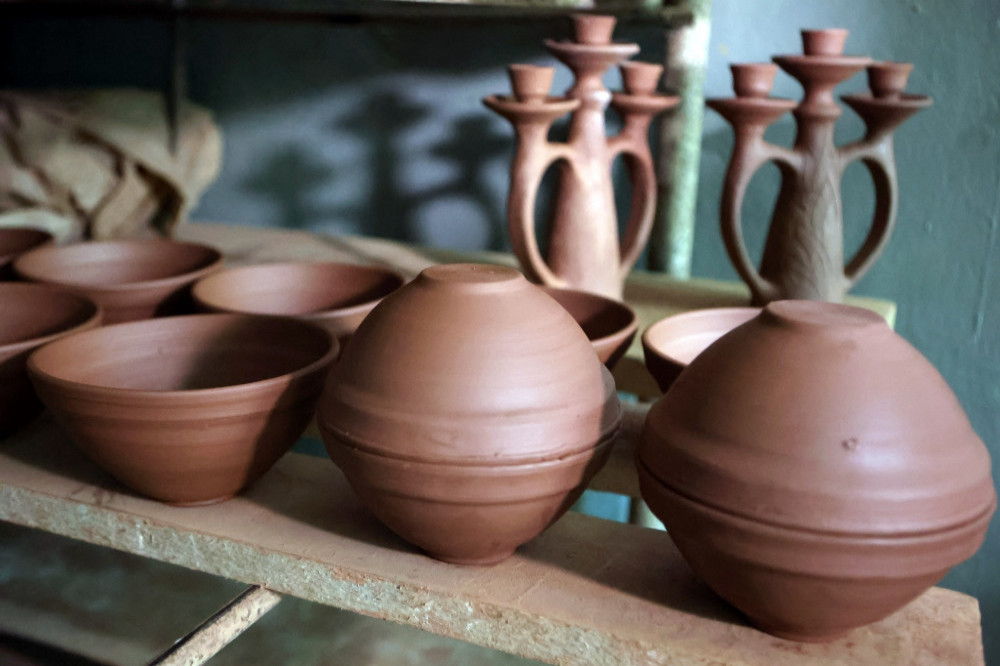Pottery found at an ancient burial site has revealed that opium use dates back 3,500 years.

Ancient pottery has revealed that opium was used thousands of years ago
Excavations carried out by the Israel Antiquities Authority and Weizmann Institute of Science have uncovered a series of late Bronze Age graves.
The archaeologists discovered traces of the hallucinogenic in ancient pottery pieces found at the ruins of the Canaanite necropolis at Tel Yehud.
The evidence suggests the psychoactive drug was used in ancient funeral rituals as the Israel Antiquities Authority (IAA) believe that the pots were placed inside the graves of loved ones.
A total of 22 vessels, that date back to 14 BC, were found to contain traces of opium.
Vanessa Linares, of Tel Aviv University, said: “The discovery offers us a rare glimpse into the burial customs of the ancient world.
“We do not know what the opium’s role was in the ceremony – whether the Canaanites in Yehud believed that the dead would need opium in the afterlife, or whether it was priests who consumed the drugs for the purposes of the ceremony.
“Moreover the opium sheds light on the opium trade in general.”

